- Français
- English
- magyar / magyar nyelv
- עברית / עִבְרִית
- Titre original: 女ばかりの夜
- Aussi connu sous le nom de: Onna bakari no yoru , Girls of the Night
- Réalisateur: Tanaka Kinuyo
- Scénariste: Tanaka Sumie
- Genres: Drame
Distribution et équipes
- Hara ChisakoSugimoto KunikoRôle principal
- Harukawa MasumiHaradaRôle Secondaire
- Natsuki YosukeHayakawa TsukasaRôle Secondaire
- Kita AkemiChiekoRôle Secondaire
- Kagawa KyokoMrs. ShimaRôle Secondaire
- Awashima ChikageDirector NogamiRôle Secondaire
Critiques

Mrs. Nogami, the headmistress of the Shiragiku Dormitory finds Kuniko work as a live-in worker at a shop. No one there knows what Kuniko used to do for a living. Her boss works her from morning until night and after her living allowance is subtracted from her wages Kuniko will only be making 10, 000 yen/68 USD a year. After her past is revealed, the shopkeeper is determined to demean and replace Kuniko. Rather than be humiliated and taken advantage of, Kuniko takes the situation literally into her own hands. At her next job in a factory, Kuniko tries another tactic and reveals her past to the women in the dormitory. Instead of being supportive her female co-workers violated Kuniko in a disturbingly violent scene. At her third job she finds love, but also runs into the limitations of societal forgiveness and acceptance.
Girls of the Night was one of the few films from this time that was both directed and written by women. Tanaka Kinuyo filmed a fairly progressive film given the timing of the new law. Far from condemning the ex-prostitutes, the film tried to show that the majority of the women sold their bodies due to tragic situations pressuring them from society, family, or personal relationships. Mrs. Nogami time and again supported Kuniko and the other women in her care. When Kuniko asked why it had been okay for her to use her body as she wished before and now it was illegal, Mrs. Nogami had no good answer for her. Girls of the Night also had a lesbian character in a small supporting role, the first I’ve run across in this era. Whether due to the source material or concerns of how the audience would receive the film, they did hedge their bets by having Kuniko be harshly critical of her own past actions and decisions.
The pure and polite society Kuniko interacted with might not have had to sell their bodies to make a living but they also showed they were far from the moral ideal. Kuniko had more than her share of encounters with vile humans but she also found healing in the people who accepted her. The most important person she had to convince that her past could be forgiven was herself. Tanaka’s 5th film in the director’s chair once again showed Mizoguchi Kenji was wrong and that she was quite smart enough to direct a film.
10 August 2024
Cet avis était-il utile?

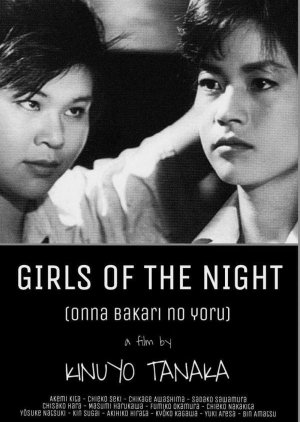






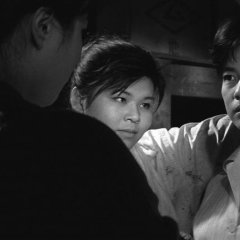
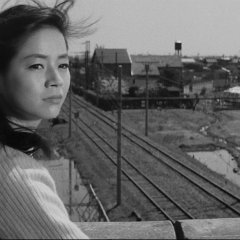
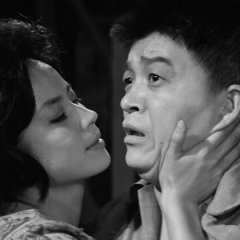
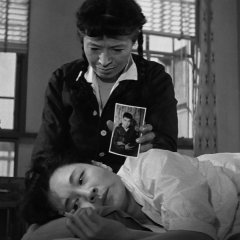
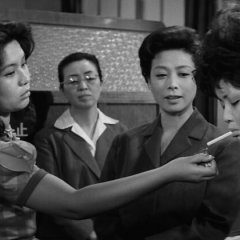
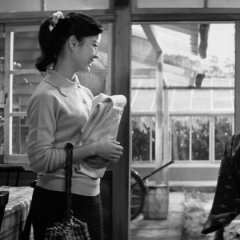
 1
1


























